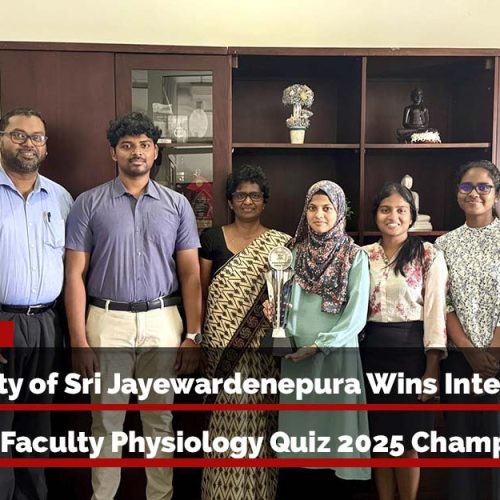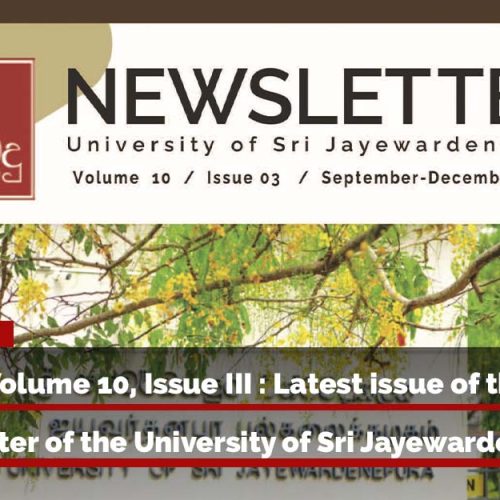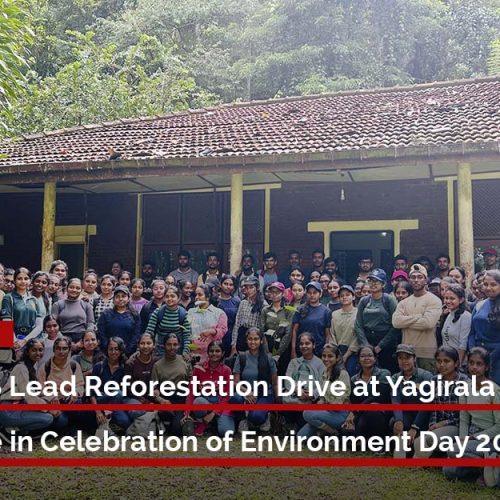Nature recognized the efforts of Department of Immunology and Molecular Medicine of USJ in identifying new Covid Variants with limited resources. Nature is a leading international weekly journal of science. Nature is serving the research community by publishing its most significant discoveries, reviews, critical comment, news and analysis.
Prof. Neelika Malavige; Professor in Department of Immunology and Molecular Medicine, Faculty of Medical Sciences runs the only lab in Sri Lanka that sequences SARS-CoV-2 genomes. The scientists, with limited resources are working feverishly to discover which variants are driving outbreaks.
In early April, Prof. Neelika Malavige shut down her laboratory in Sri Lanka for ten days to celebrate Sinhalese New Year. But case counts had dipped, hotspots had started to receive vaccines, and her team needed the break.
When the researchers returned to work, however, what they found was dizzying. Of 78 samples that they sequenced from people with COVID-19 in late April, 66 contained the highly transmissible B.1.1.7 variant. Since 17 April, the number of new COVID-19 cases in Sri Lanka — which hit 2,672 on 9 May — has been breaking records almost every day. Hospitals are filling up and Prof. Malavige is bracing for a looming wave of deaths. “The situation in Sri Lanka is looking very grim,” she says.
But although researchers recognize that more genomic surveillance would be useful, their ambitions are limited by resources. “The main problem is a lack of funds,” says Prof. Malavige.
Sequencing takes time to process, says Prof. Malavige. As a shortcut, her lab uses real-time polymerase chain reaction (PCR) kits that can quickly detect three widely circulating variants of concern: B.1.1.7, B.1.351 and P.1. But kits that detect B.1.617 have only just been developed and they cannot identify newly emerging variants.
“We are at a critical point where we need to keep sequencing to identify anything as soon as possible,” she says. And with vaccines still in very short supply in much of the region, many people will remain at risk, say researchers.










